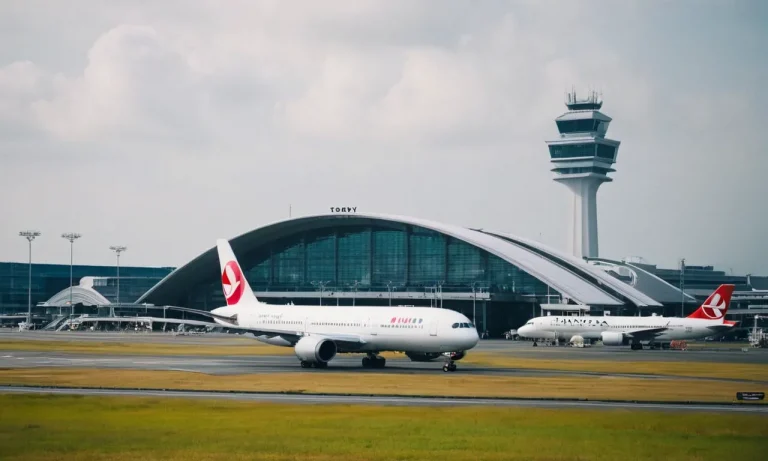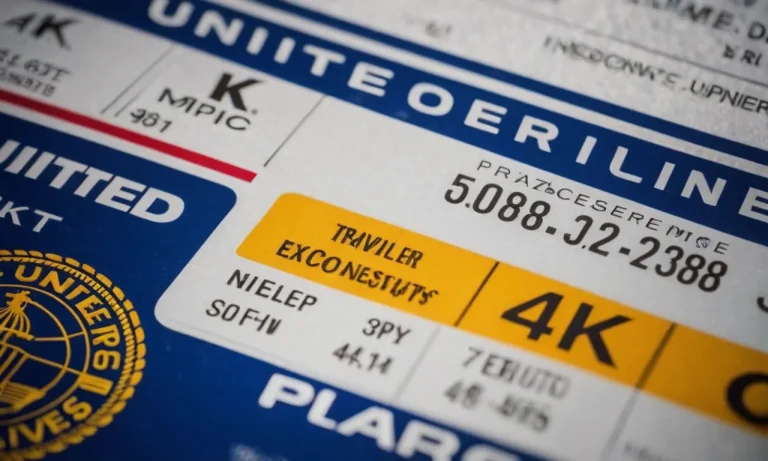Booking an Airbnb stay can be a great way to save money on accommodations and get a more authentic local experience when traveling. However, understanding Airbnb’s billing and cancellation policies is key to avoiding any surprise charges.
If you’re wondering when exactly Airbnb will charge your card, here’s a quick overview: Airbnb will charge the total stay cost when the host accepts your reservation.
Read on for a detailed look at how Airbnb’s billing works from start to finish.
This comprehensive guide will walk you through Airbnb’s billing and cancellation policies step-by-step so you know exactly what to expect when booking and managing an Airbnb reservation.
We’ll cover when you’ll be charged upon booking when the remaining balance is due, how cancellation policies impact charges, and what additional fees like cleaning fees are charged after checkout.
Initial Deposit Upon Booking
When you book a stay on Airbnb, the platform requires an initial deposit to secure your reservation. This deposit serves as a guarantee for hosts, ensuring that guests are committed to their booking.
Let’s take a closer look at Airbnb’s billing policies regarding the initial deposit.
Percent Charged Depends on Total Stay Cost
The percentage of the deposit charged by Airbnb depends on the total cost of your stay. Generally, Airbnb charges a percentage of the total amount as the deposit.
This percentage may vary depending on factors such as the host’s settings and the specific listing.
Deposit is Charged Immediately
Upon making a booking, Airbnb will charge the deposit immediately. This ensures that the host’s reservation is secured and gives them peace of mind knowing that their property will be occupied during the agreed-upon dates.
By charging the deposit upfront, Airbnb also encourages guests to follow through with their booking and minimizes the risk of last-minute cancellations.
This policy benefits both hosts and guests by promoting a more reliable and trustworthy booking process.
Deposit Varies for Longer Stays
For longer stays, the deposit amount may vary. Airbnb recognizes that longer stays may involve higher costs and potential risks for hosts. Therefore, hosts have the option to set different deposit amounts based on the duration of the booking.
For instance, a host may require a higher deposit for a month-long stay compared to a weekend getaway. This allows hosts to protect their property while accommodating guests for extended periods.
It’s important to review the specific listing’s terms and conditions to understand the deposit requirements for your desired stay. By familiarizing yourself with Airbnb’s billing policies, you can ensure a smooth and transparent booking experience.
Remaining Balance Charged Before Check-In
When it comes to the billing process, Airbnb has specific policies in place to ensure a smooth and transparent transaction for both hosts and guests.
One important aspect of Airbnb’s billing policies is the charging of the remaining balance before check-in.
This helps to guarantee that the host receives the full payment for their property and also allows guests to have a hassle-free check-in experience.
Remaining Balance Charged 5-7 Days Before Check-In
Airbnb typically charges the remaining balance for a reservation 5-7 days before the scheduled check-in date. This timeframe allows guests to make any necessary adjustments or cancellations before their arrival.
It also ensures that hosts have enough time to prepare their property for the guest’s stay.
By charging the remaining balance a few days in advance, Airbnb aims to minimize any last-minute complications or changes to the reservation.
It’s important for guests to keep an eye on their payment method and ensure that they have sufficient funds available for the remaining balance charge. Failure to have enough funds in the account may result in issues with the reservation or potential cancellation.
Cancellation Refund Depends on Policy After Balance Charged
Once the remaining balance has been charged, the cancellation policy selected by the host will determine the refund amount in case of cancellation.
Airbnb offers various cancellation policies, ranging from flexible to strict, allowing hosts to choose the level of refundability for their property.
If a guest decides to cancel their reservation after the remaining balance has been charged, the refund amount will be based on the host’s chosen cancellation policy. It’s important for guests to review the cancellation policy before booking to understand the potential refund implications.
Guests can find the cancellation policy for a specific listing on the listing page, under the “Cancellation policy” section. It’s always a good idea to familiarize oneself with the policy to avoid any surprises later on.

Additional Fees Charged After Checkout
When booking a stay on Airbnb, it’s important to be aware of the potential additional fees that may be charged after your checkout.
These fees are designed to cover specific costs or damages and are outlined in the listing’s description or in the host’s house rules.
It’s crucial to carefully review these details before confirming your reservation to avoid any surprises.
Cleaning Fees Charged After Checkout
One common additional fee charged by hosts on Airbnb is the cleaning fee. This fee is intended to cover the cost of cleaning the property after your stay. It ensures that the next guest arrives to a clean and well-maintained space.
The cleaning fee is typically disclosed upfront when booking a reservation and is included in the total cost.
It’s important to note that the cleaning fee is non-refundable, as it covers the cost of preparing the property for the next guest.
Damage Deposits Refunded After Inspection
Some hosts may require a damage deposit to protect against potential damages or violations of the house rules. This deposit is held by Airbnb and is refunded to the guest after the stay, provided there are no issues reported by the host.
In case of any damages or violations, the host may claim a portion or the entire deposit to cover the costs. It’s essential to communicate with your host and report any damages or issues that occur during your stay to ensure a fair assessment of the damage deposit.
Local Taxes May Be Charged Post-Stay
In certain locations, hosts are required to collect and remit local taxes on behalf of their guests. These taxes may include occupancy taxes, sales taxes, or other applicable fees.
The amount of tax charged varies depending on the location and local regulations.
The host is responsible for collecting and remitting these taxes to the respective authorities. It’s important to note that these taxes are separate from the booking fee and are not refundable.
Cancellation Policies Impact When You’re Charged
When using Airbnb, it is important to understand the different cancellation policies that hosts may have in place.
These policies determine when you will be charged for your reservation if you decide to cancel. Airbnb offers three main cancellation policies: Flexible, Moderate, and Strict.
Flexible: Full Refund Except Service Fees
The Flexible cancellation policy is the most lenient option for guests. Under this policy, you can receive a full refund, including any service fees, if you cancel your reservation at least 24 hours before check-in.
This allows guests to have more flexibility in their travel plans without worrying about losing money.
Moderate: 50% Refund Up To 1 Week Before
This policy provides a bit more security for hosts, as they may have already turned down other potential guests for the same dates.
However, guests still have some flexibility to change their plans without losing their entire payment.
Strict: No Refund Within 1 Week of Check-In
The Strict cancellation policy is the least flexible option for guests. Under this policy, guests will not receive a refund if they cancel their reservation within one week of check-in.
This policy is designed to protect hosts who rely on their bookings for income and may have difficulty finding alternative guests on short notice.
It is essential to be sure of your travel plans before choosing a listing with a Strict cancellation policy.
Conclusion
By understanding Airbnb’s billing timeline and cancellation policies, you can avoid surprises and book your next Airbnb stay with confidence. Know that a portion of your total is charged upfront, the remaining balance hits 5-7 days pre-check-in, and additional fees apply post-stay.
Carefully review cancellation policies before booking so you know exactly what’s refundable. With this billing knowledge, you can enjoy your next Airbnb getaway stress-free!






